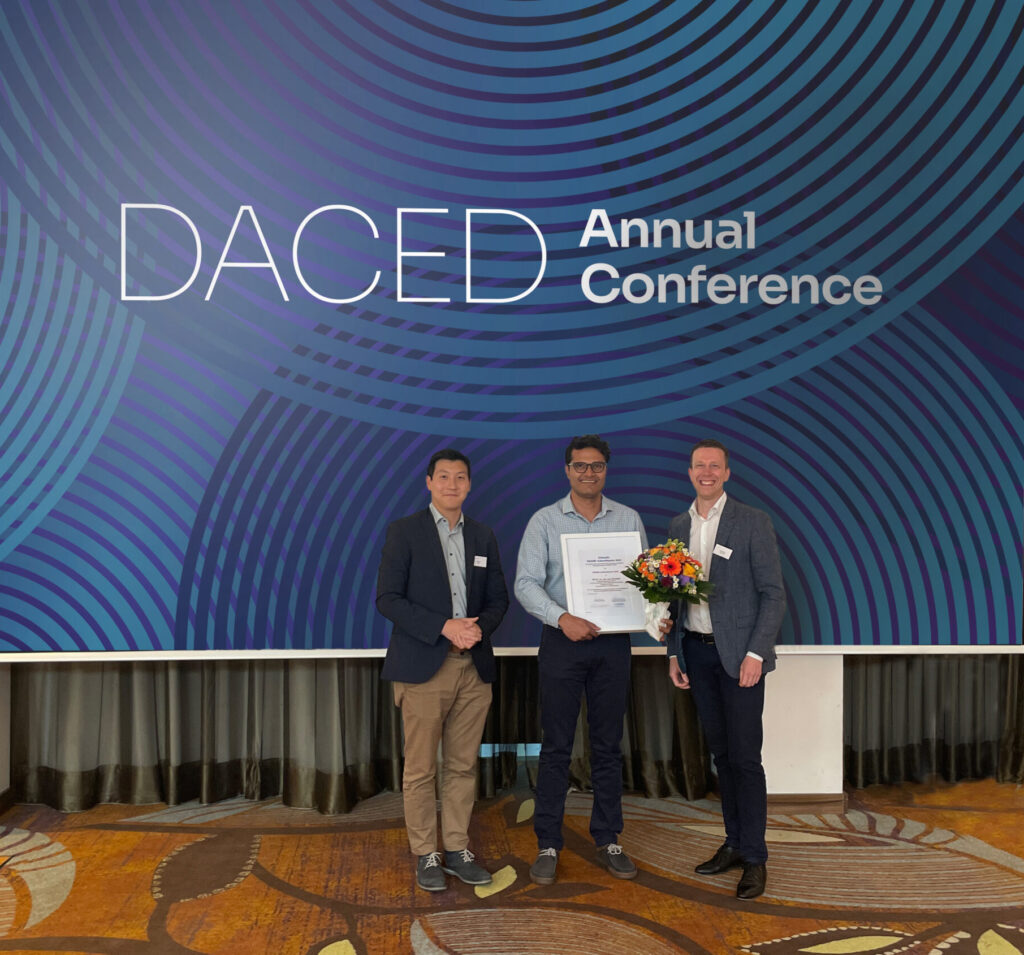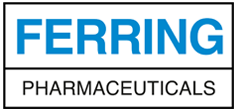DACED
ANNUAL CONFERENCE
The German Association for Chronic Inflammatory Bowel Diseases (DACED) is a working group of the German Society for Digestive and Metabolic Diseases (DGVS)
DACED serves the scientific exchange within basic science and clinical research in the field of IBD. The aim is to find causes of IBD and to improve the treatment of patients through coordinated and targeted research.
There is a close collaboration with the Competence Network on Intestinal Diseases (Kompetenznetz Darmerkrankungen) as well as with the German IBD Study Group. Since 2011, the German representatives of the European Crohn’s- and Colitis Organization (ECCO) have been elected together with the Competence Network Intestinal Diseases.
Since 2014, DACED has been integrated into the Competence Network for Intestinal Diseases. Accordingly, it provides two members in the board of the competence network. With the integration of the DACED, the non-clinical IBD research landscape is included in the competence network and thus the topic „IBD“ is represented in Germany across all areas by the competence network. The aim of the cooperation agreement is to support experimental and clinical work in the field of inflammatory bowel diseases across the network boundaries to strengthen research and to improve the care of IBD sufferers.
Die DACED dient dem wissenschaftlichen Austausch in der grundlagenwissenschaftlichen und klinischen Forschung auf dem Gebiet der CED. Ziel ist es, durch koordinierte und gezielte Forschung die Ursachen von CED zu erforschen und die Behandlung der Patient:innen zu verbessern. Es besteht eine enge Zusammenarbeit mit dem Kompetenznetz Darmerkrankungen sowie mit der Deutschen IBD-Studiengruppe. Seit 2011 werden gemeinsam mit dem Kompetenznetz Darmerkrankungen die deutschen Vertreter:innen in der European Crohn's- and Colitis Organization (ECCO) gewählt. Seit 2014 ist die DACED in das Kompetenznetz Darmerkrankungen integriert. Entsprechend stellt es ein bis zwei Mitglieder im Vorstand des Kompetenznetzes. Mit der Integration des DACED wird die nichtklinische IBD-Forschungslandschaft in das Kompetenznetz einbezogen und somit das Thema "IBD" in Deutschland über alle Bereiche hinweg durch das Kompetenznetz vertreten. Ziel der Kooperationsvereinbarung ist es, experimentelle und klinische Arbeiten auf dem Gebiet der chronisch entzündlichen Darmerkrankungen über die Netzwerkgrenzen hinaus zu unterstützen, um die Forschung zu stärken und die Versorgung von IBD-Betroffenen zu verbessern.
Board Member's 2024


Former Board Members
|
|
|
|---|---|
|
2023
|
Dr. med. Florian Tran
|
|
2022
|
Prof. Dr. med. Raja Atreya, Prof. Dr. med. Michael Scharl
|
|
2021
|
PD Dr. med. Michael Schumann
|
|
2020
|
PD Dr. med. Michael Schumann
|
|
2019
|
Prof. Dr. med. Dominik Bettenworth, Prof. Dr. med. Samuel Huber
|
|
2018
|
Dr. med. Konrad Aden
|
More
|
|
|
|---|---|
|
2017
|
Prof. Dr. med. Sebastian Zeißig
|
|
2016
|
Prof. Dr. med. Anne Krug, Dr. med. Wolfgang Reindl
|
|
2015
|
PD Dr. med. Jonas Mudter, PD Dr. med. Clemens Neufert
|
|
2014
|
Dr. med. Jürgen Büning, Dr. med. Christian Sina
|
|
2013
|
PD Dr. med. Oliver Bachmann
|
|
2012
|
Prof. Dr. med. Christian Maaser
|
|
2011
|
PD Dr. med. Jan Wehkamp
|
|
2010
|
PD Dr. med. Tanja Kühbacher, PD Dr. med. Susann Nikolaus
|



